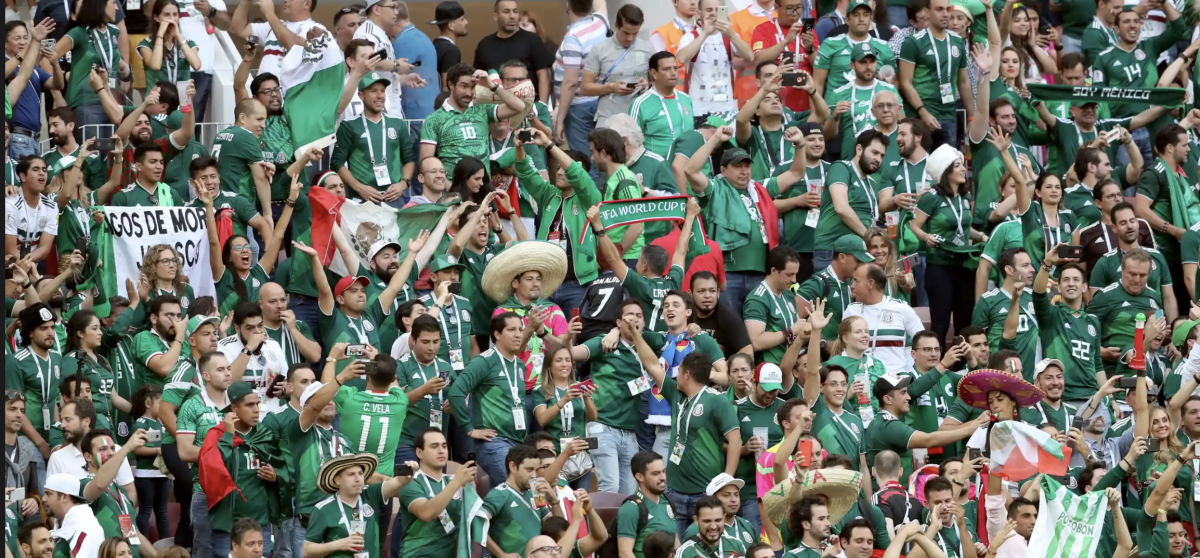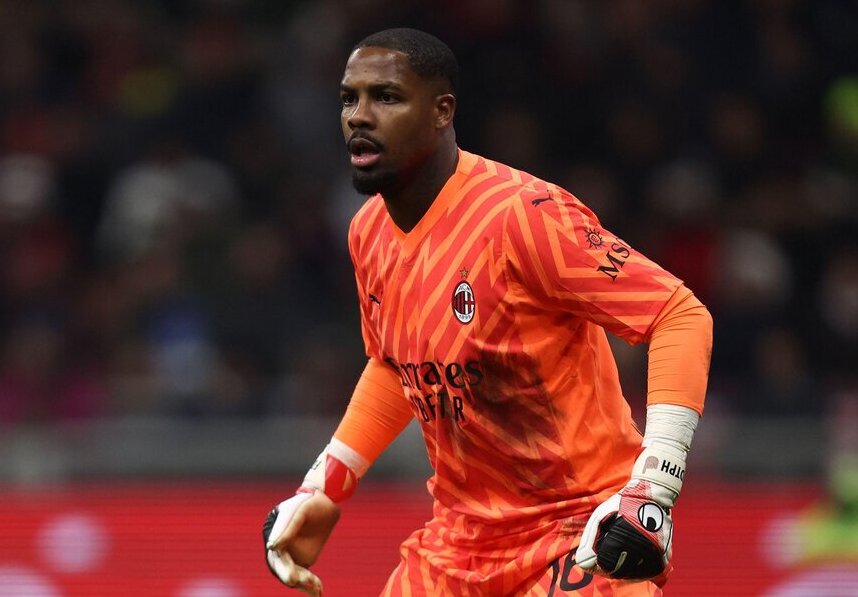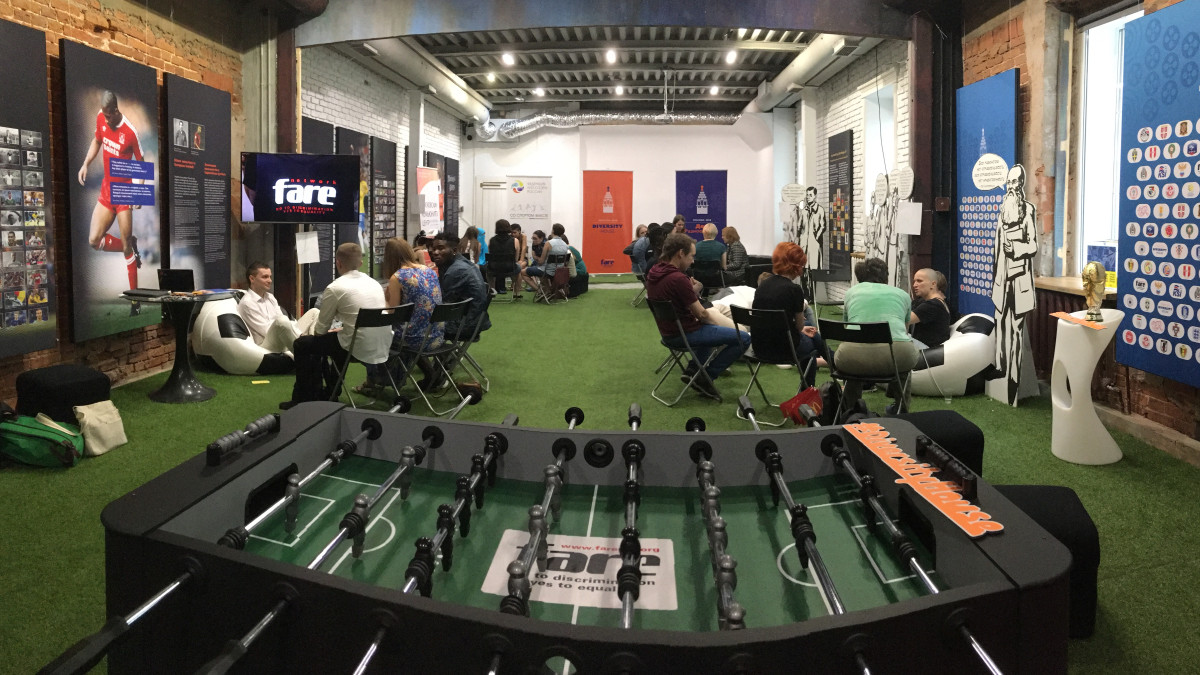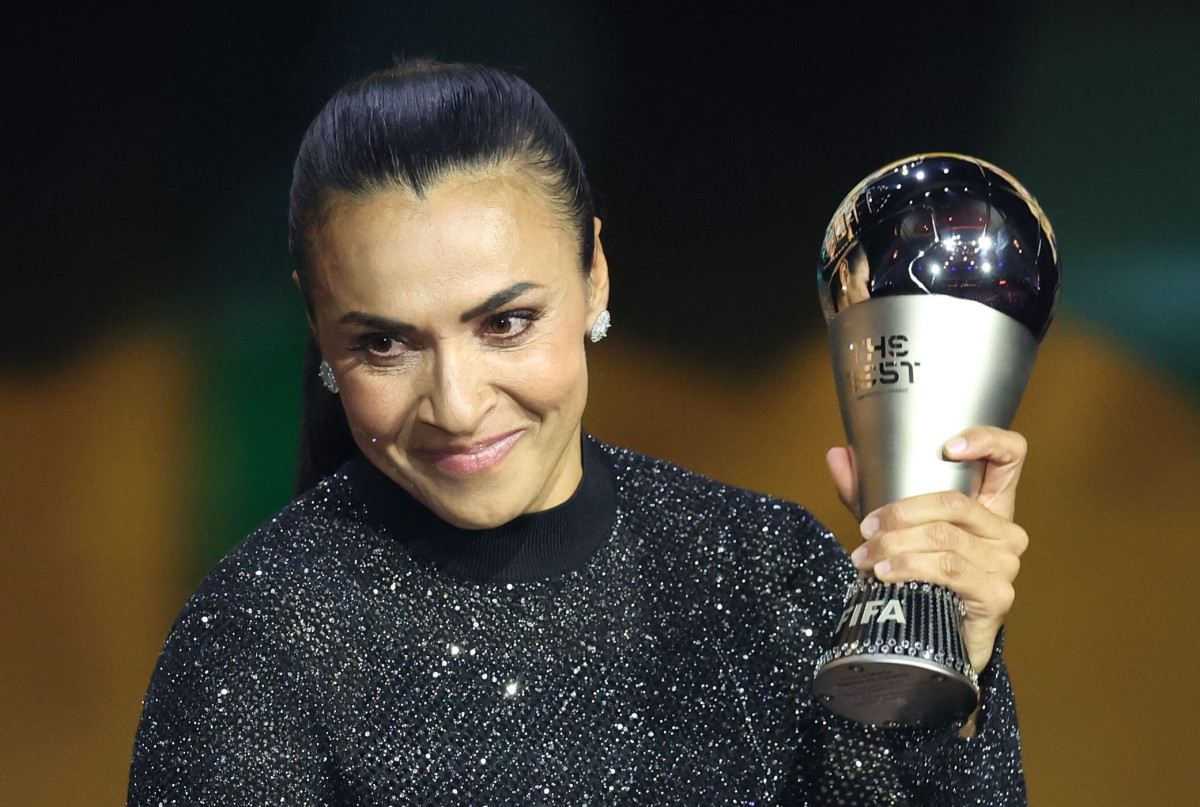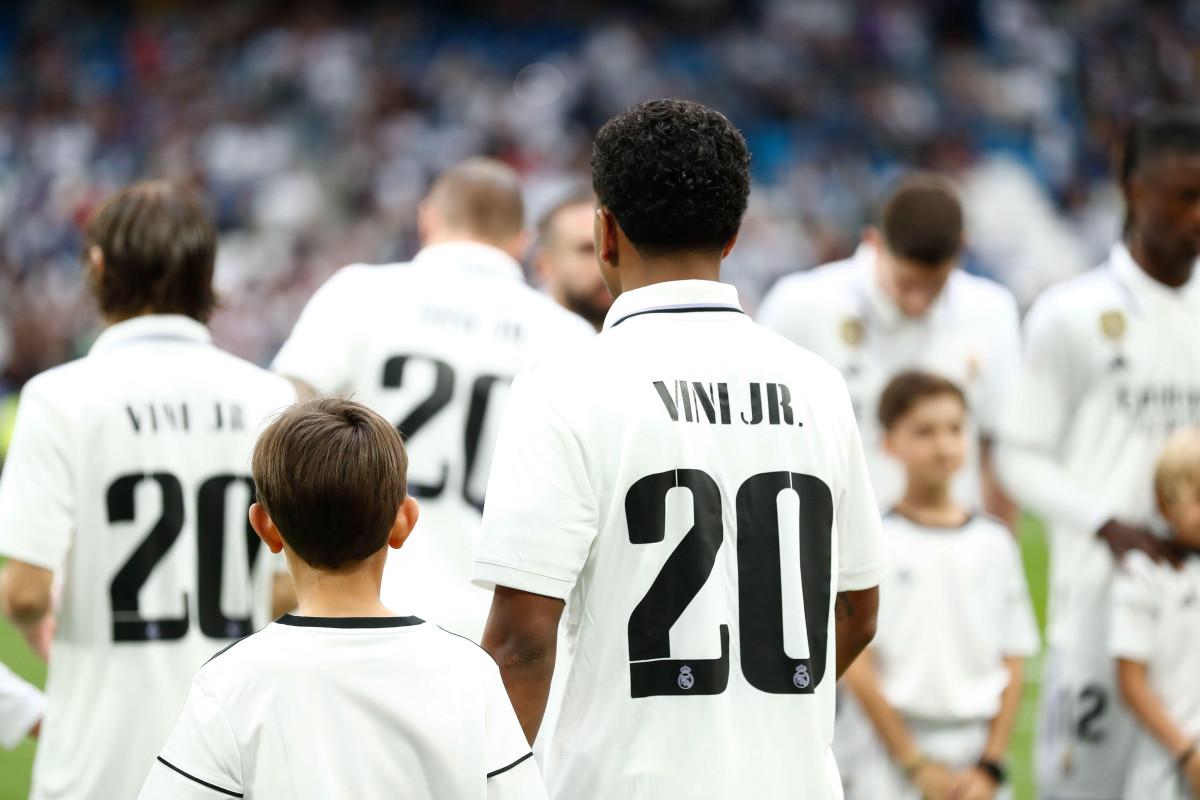A roster of international speakers including activists, policy makers and former international football players came together on Tuesday (06 June) in Berlin to discuss some of the big issues that relate to women's football.
Two sessions addressed policy issues around the leadership of women in football and women's football at grassroots and professional level.
Drawing on the data collected for the Fare and UEFA commissioned research The glass ceiling in European football, Jacco van Sterkenburg of the Erasmus University Rotterdam explained that 10% of the executive leadership positions in football are taken by women, and even in women's clubs there is a lack of senior female coaches.
Paola Ottonello of the European Commission Sport Unit said: "When we talk about women in sport we have specific challenges; women in leadership is probably number one because if you change the governance of sport organisations, to make them more gender equal, chances are that it will kick-start further changes along the way."
The first session also included Caitlin Fisher, a former professional player in the United States (US), Brazil and Sweden who is now a board advisor for FIFPro on women's football and is a founder of Guerreiras Project, a Brazilian football and grassroots women's rights group.
"You have got to look top-down, look at the policies, structures, the statutes to change them and include female players, even in places where female players are amateur status. But at the same time bottom-up, how to embed this into the deeper culture of teams and organisations" said Fisher.
Amongst the measures discussed to increase the number of women in football leadership positions was the introduction of gender quotas or targets. The panel also discussed the visibility of the women's game and the need to think critically on measures and how these align with the values of women's football.
"Visbility is essential. It is the chicken and egg discussion. There isn't women's football on TV. Why? There are no sponsors. Why? There are no fans. Why? You can keep going and at the end of the day it comes down to will, there has to be will of individuals, governing bodies, of people who step up to change this.
"It requires seeing that this will not happen over night. Within FIFPro we talk about 'visibility, voice and value', how do you increase visibility, how do you create space for the voice of female players to be heard, and value on what the women's game represents." Fisher explained.
The second session saw Ayisat Yusuf-Aromire, former Nigeria international and Fare Board member, Friederike Faust, from Fare member group Discover Football, Vladimir Dolgiy-Rapoport of the Moscow Girl Power club and Canadian activist Shireen Ahmed discuss social development and intersections of gender and ethnicity.
The panelists looked at the experiences of women at grassroots and professional football in countries including Nigeria, Germany, Russia and the US.
Building on the 'visibility, voice and value' premise Shireen Ahmed addressed equal pay for men and women's football and said: "Equity in football is a global problem. Women have not only to train to be professional athletes, but they are also having to pay out of their pockets to do it, it puts another burden on them to advocate for living wages.
"To say to women that you should be lucky to be involved in this sport, it does not work like that, this is real labour."
The event was streamed on Facebook Live and Google+/Youtube allowing football fans, players and football authorities across the globe to join the discussions and followed by thousands in Europe and countries including Brazil, Mexico and Canada.
The panel discussion was preceded by a meeting of the Fare Board in the German capital. The meeting received reports of the work of the secretariat including the anti-discrimination observer scheme with both FIFA and UEFA, the Football Diversity House initiative in Stockholm and Cardiff, and a overview of forthcoming events.
The recording of the two sessions is available on Facebook and on the video below.
